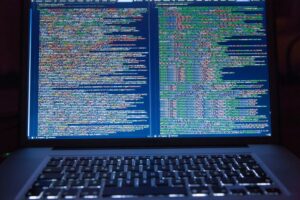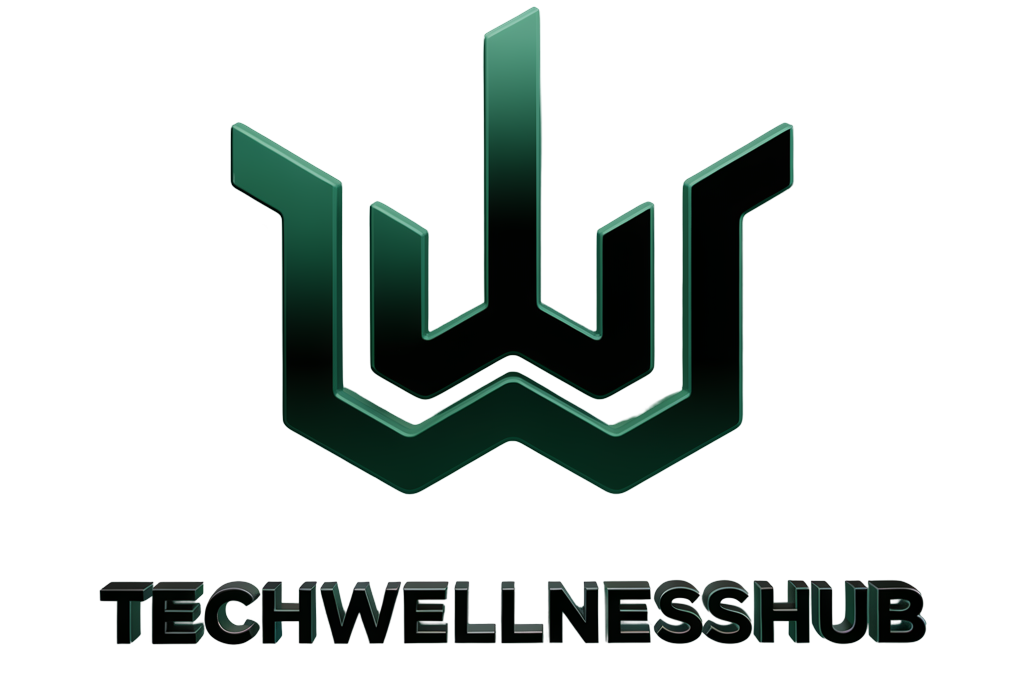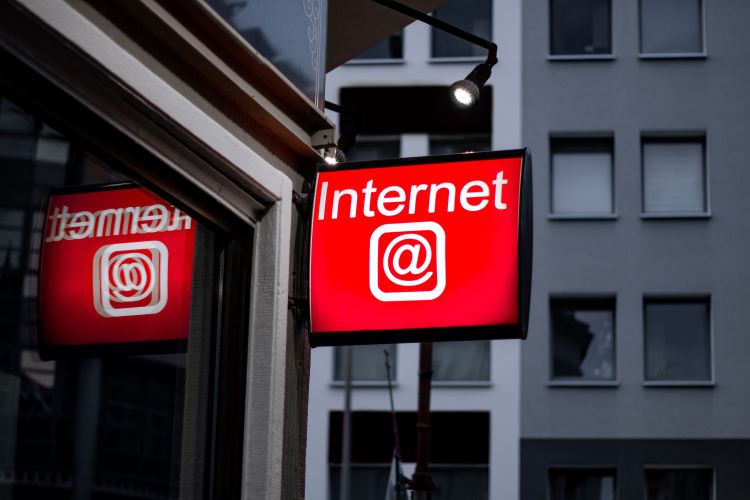Introduction
IoT has become one of the most influential revolutions changing virtually every sector of industry around the world. The Internet of Things (IoT) is a network of physical objects that are equipped with sensors, software, and connectivity so that they can share data. Ranging from ordinary house appliances to high-end industrial equipment, these are among other objects. With IoT bridging the divide between the physical and virtual worlds, limitless opportunities are born for individual players in business and government.
One of the main contributors to the explosive expansion of IoT is the widespread distribution of interconnected objects. The number of connected devices continues to grow by leaps and bounds; from smartphones and smartwatches to smart thermostats and autonomous vehicles. Thus, there is a tremendous paradigm change in our relations towards technology as well as the relations of technology towards us.
However, IoT goes beyond enhancing convenience and efficiency. It is transforming industries through improved informed decisions, optimized operations, and the creation of new businesses. IoT is revolutionizing manufacturing by automating production lines, streamlining supply chains, and increasing product quality. IoT is also helping to monitor patients in healthcare, facilitate remote diagnosis, and deliver customized care.
The adoption of IoT in smart cities is enhancing efficiency in waste management, energy usage, and provision of public services. Nonetheless, the possibility that comes with IoT has its challenges. Another obstacle in this regard is the interoperability of the different IoT devices and platforms. Finally, there is also the need for pondering about the ethics and impact on society associated with IoT like data management and job displacement.
1. IoT in Manufacturing:
In fact, the Internet of Things is a breakthrough in the manufacturing industry. IoT allows manufacturers to obtain real-time data from connected objects which contributes to the optimization of production processes, higher operational efficiency, and decreased downtime.
Using IoT, manufacturers can track equipment performance, preventative maintenance of equipment, and improvement of supply chain management. The manufacturers can obtain useful information on their procedures, recognize what needs to be improved, and make informed choices based on facts they collected to simplify them with the help of IoT.
The adoption of IoT in production creates a flexible and prompt industry that boosts efficiency and effectiveness in a modern networked society.
2. IoT in Healthcare:
IoT is fueling a transformation in healthcare by connecting diagnostic instruments, wearables, and vital signs monitors. As such, it enables remote patient monitoring, real-time data analysis, as well as personalized healthcare interventions.
IoT devices include monitoring of vital functions, successful management of chronic diseases, and the possibility of telemedicine, hence better treatment results with lower costs on health services. IoT creates an avenue whereby healthcare providers become proactive with timely service provision, improve patient experience, and manage their scarce resources efficiently.
Thus, a new age of patient-oriented, data-driven, affordable medicine is made possible through the revolutionary potential of IoT in the health sector.
3. IoT in Agriculture:
In agriculture, smart agriculture, or more popularly ‘smart farming’ is one of the leading applications that are being introduced by IoT and involves crop management, irrigation, and livestock monitoring. Smart farming enables farmers to get instant information regarding essential things such as soil moisture level, weather conditions, and animal health via sensors and other connected devices.
Data-driven solution allows farmers to better utilize resources, improve harvests, and use environmentally-friendly tactics. In today’s world, agriculture uses IoT to collect necessary information, make optimal decisions, and apply accurate agriculture strategies that boost performance with minimal risks.
However, the integration of IoT in agriculture has great prospects for securing food, sustainability, and transforming of farming landscape.
4. IoT in Transportation:
Through smart mobility, we enter the era of connected and automated mobiles driven by IoT. Real-time monitoring of vehicle performance is made possible through connected vehicles making it easy for predicted maintenance or early repair. IoT allows for improved fleet management through enhanced route planning that utilizes data to determine the least costly routes and reduce fuel consumption.
Furthermore, IoT is central to a smart traffic management system that reduces traffic jams and improves safe roadway conditions with up-to-the-minute tracking, and dynamic signs control. Also, it is important to design autonomous cars and smart mobility for the future where traffic jams will be history.
5. IoT in Smart Cities:
Indeed, IoT is instrumental in realizing smart cities, changing urban dynamics, and delivering a novel package of city services. Cities can incorporate efficient waste management systems, smart lighting, intelligent parking, and full environmental monitoring through connected sensors and devices.
Sustainability is enhanced in smart cities through IoT which leads to better use of resources and reduces wastage. It improves public safety by offering on-the-go surveillance and data-driven decisions. Additionally, smart cities based on the Internet of Things are meant to increase the overall level of residents’ well-being by involving better communications facilities, better functioning public sector services, and personalized living environments.
Smart cities will continue to benefit greatly from the growth of IOT which may promote healthy living and pleasant lifestyles in an urban environment.
6. IoT in Energy Management:
IoT provides vast prospects for promoting energy efficiency and saving. Smart grids and connected appliances allow real-time monitoring that enables proactive energy management approaches. IoT enables the deployment of a demand response program that provides a balanced energy supply-demand.
In addition, it is key in energy distribution optimization, enhancement of electric network performance, and ensuring their stability. Furthermore, IoT provides an opportunity to combine with alternative power sources within existing networks, thus producing optimum power levels from green sources while minimizing emission rates.
When applied in energy management, IoT may be useful in building more flexible and durable energy networks for our future green life.
7. IoT in Retail:
The retail industry is experiencing major changes due to IoT integration. customer experience and operational efficiency transformations by IOT. Using Bluetooth technology with location-based offers using IoT-powered beacons and mobile applications further increases personalized interactions and makes them engaging.
The IoT also helps in providing quick and smooth checking-out processes using modern payment methods.
This trend of IoT being adopted and implemented in retail is transforming the sector and allowing retailers to provide personalized experiences, improve and optimize their supply chain, and learn more about the customers and behavior, which in turn assists the companies and the retailers in generating high revenues.
Conclusion
Finally, IoT is a transformational agent revolutionizing manufacturing in all corners of the earth. IoT has become a revolutionary innovation in producing, as well as health care, farming, transport, smart cities, power management, as well as retail outlets.
Businesses use IoT to collect real-time data, improve operations, and inform decisions in real time. Connectedness enhances efficiency, productivity, and sustainability in several industries. On the other hand, some issues come with the widespread use of IoT such as data privacy, cyber security, and interoperability among others. Organizations must take up this task and guarantee safe, righteous employment of IoT technologies.
Therefore, as IoT continues to develop businesses should pay attention to what is happening here and identify the possibility of integration. In reality, IoT acceptance is a great tool for improved organizational effectiveness, better customer experience, and also competitive edge in the digital world.
The Internet of Things has a promising future. With further improvements in connectivity, data analytics, and Artificial Intelligence, the IoT will be constantly innovating and reshaping industries. Businesses can open up new frontiers, create value, and survive through the age of disruptive digitization by exploiting the potency of IoT.
IoT, in conclusion, is revolutionizing sectors by linking things up, getting information, and enabling wiser actions. In areas such as manufacturing, health, agriculture, transport, smart cities, energy management, and retail, IoT is revolutionizing our engagement with the world that surrounds us. Embracing IoT unlocks new opportunities for organizations, enables efficiency, and leads to unmatched customer experience.



